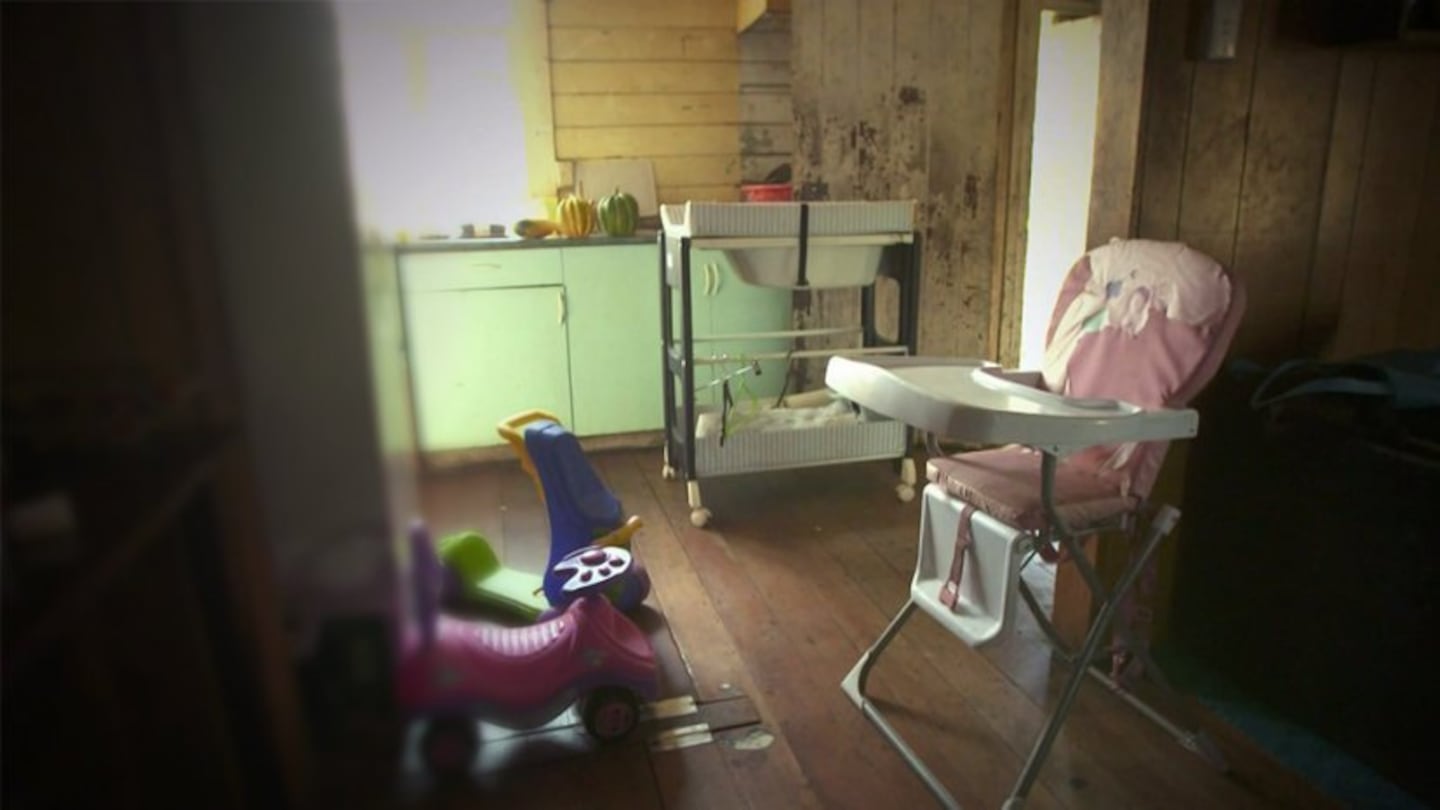A whānau-centred early support prototype is having a positive impact on whānau lives and improving the safety and wellbeing of tamariki, Whānau Ora Minister Peeni Henare says.
Ngā Tini Whetū involved Te Puni Kōkiri, Oranga Tamariki, ACC and the Whānau Ora Commissioning Agency working together to provide additional early support to 800 whānau across the North Island to lift child and whānau wellbeing and resilience.
Two reports were launched at Auckland's Ruapōtaka Marae today outlining the work of Ngā Tini Whetū. They showed the experiences for the whānau and their involvement in the prototype had been "life-changing".
Henare says whānau involved have increased their independence and hopefulness for their future and they have the tools and skills they need to improve their family life, health and prevent injuries.
"We heard an example today of a young mum who was tired of the way they lived and decided to open a business. Now she and her whānau are thriving. That is just one example and there are so many, which is why this kaupapa is so important."
Commissioning Agency - Te Pou Matakana chair Merepeka Raukawa-Tait told the crowd at Ruapotaka poverty has been entrenched in whānau for "at least three decades" which she says stunts their growth.
'The dial has shifted'
"In the past three decades, tamariki have borne the brunt of poverty in Aotearoa. We've seen that in other groups as well but particularly with whānau Māori and so we've had to take a different approach. We've seen other reports over the years that have told us how things are getting worse and what we wanted to do was say "No! We're not going to produce a report that says this is how bad it's going to get. We wanted to produce a report that actually you can see where the dial has shifted. And that's the beauty of this report."
Henare said there was staunch opposition to proposals he and fellow Minister Kelvin Davis made to have Whānau Ora and other agencies work collaboratively. But the outcomes in Ngā Tini Whetū and E Tipu E Rea reports, he says, have seen that opposition soften.
"I can tell you, at least from my experience, they are warm now to the idea that giving mana to whānau will actually help them."
Raukawa-Tait says Ngā Tini Whetū demonstrates the key strengths of Whānau Ora and challenges government agencies to engage with Whānau Ora agencies to make meaningful change for whānau.
"I have people (agencies) tell me they've been through Whānau Ora. I say no you don't. If you'd been through Whānau Ora, or had a Whānau Ora approach, we wouldn't have the poverty we have now in New Zealand.
By the numbers
"Poverty is not new to our whānau but it should not be their future."
Some 208 whānau began the programme needing intensive support such as resolving crises but Henare says by the end of the programme this number decreased to only 50 whānau needing that level of support.
At the beginning only 113 of the 800 whānau were flourishing in many areas of their lives. By the end of the programme this number increased dramatically to 402 whānau.
“By improving outcomes for tamariki and their whānau, the findings show that Ngā Tini Whetū, and the underlying Whānau Ora approach, supports the child poverty reduction focus of the government’s Child and Youth Wellbeing Strategy.
“Whānau Ora and whānau-centred approaches are about building on the capability and strength of whānau, so that they can determine their own goals and aspirations, and then wrapping the support and services around them to achieve those aspirations,” Henare said.
"Ngā Tini Whetū is a successful example of a whānau-centred approach in action."
The joint investment was delivered through Whānau Ora commissioning agency Te Pou Matakana, 16 collectives, 53 partners, 80 kaiārahi, and 14 programme managers, and was funded jointly by ACC, Te Puni Kōkiri and Oranga Tamariki to the tune of $42m.



